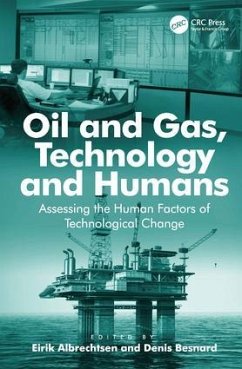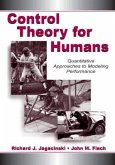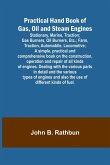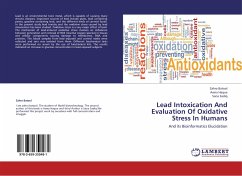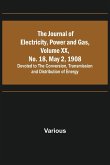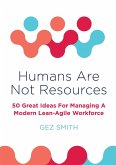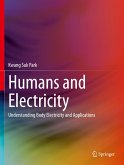The oil and gas industry is going through a major technological shift. This is particularly true of the Norwegian continental shelf where new work processes are being implemented based on digital infrastructure and information technology. The term Integrated Operations (IO) has been applied to this set of new processes. It is defined by the Centre for Integrated Operations in the Petroleum Industry as 'work processes and technology to make smarter decisions and better execution, enabled by ubiquitous real time data, collaborative techniques and access to multiple expertise'. It's claimed that IO is efficient, optimises exploration, reduces costs and improves safety performance. However, the picture is not as clear-cut as it may appear. On the one hand, the new work processes do not prevent major accidents: IO-related factors have been identified in recent events such as the Deepwater Horizon catastrophe. On the other hand, IO technology provides improved decision-making support (such as access to real-time data and expertise), which can reduce human and material losses and damage to the environment. Given these very different properties, it's vital that the industry has a detailed understanding of the benefits and drawbacks of IO, which this book sets out to do from a multidisciplinary point of view. It analyses Integrated Operations from the angles of statistics, management science, human factors and resilience engineering. These varied disciplines provide a multifaceted understanding of IO that better informs risk assessment practices, as well as explaining new techniques and methods and provides state-of-the-art guidance to risk assessment practitioners working in the oil and gas industry.
Hinweis: Dieser Artikel kann nur an eine deutsche Lieferadresse ausgeliefert werden.
Hinweis: Dieser Artikel kann nur an eine deutsche Lieferadresse ausgeliefert werden.

